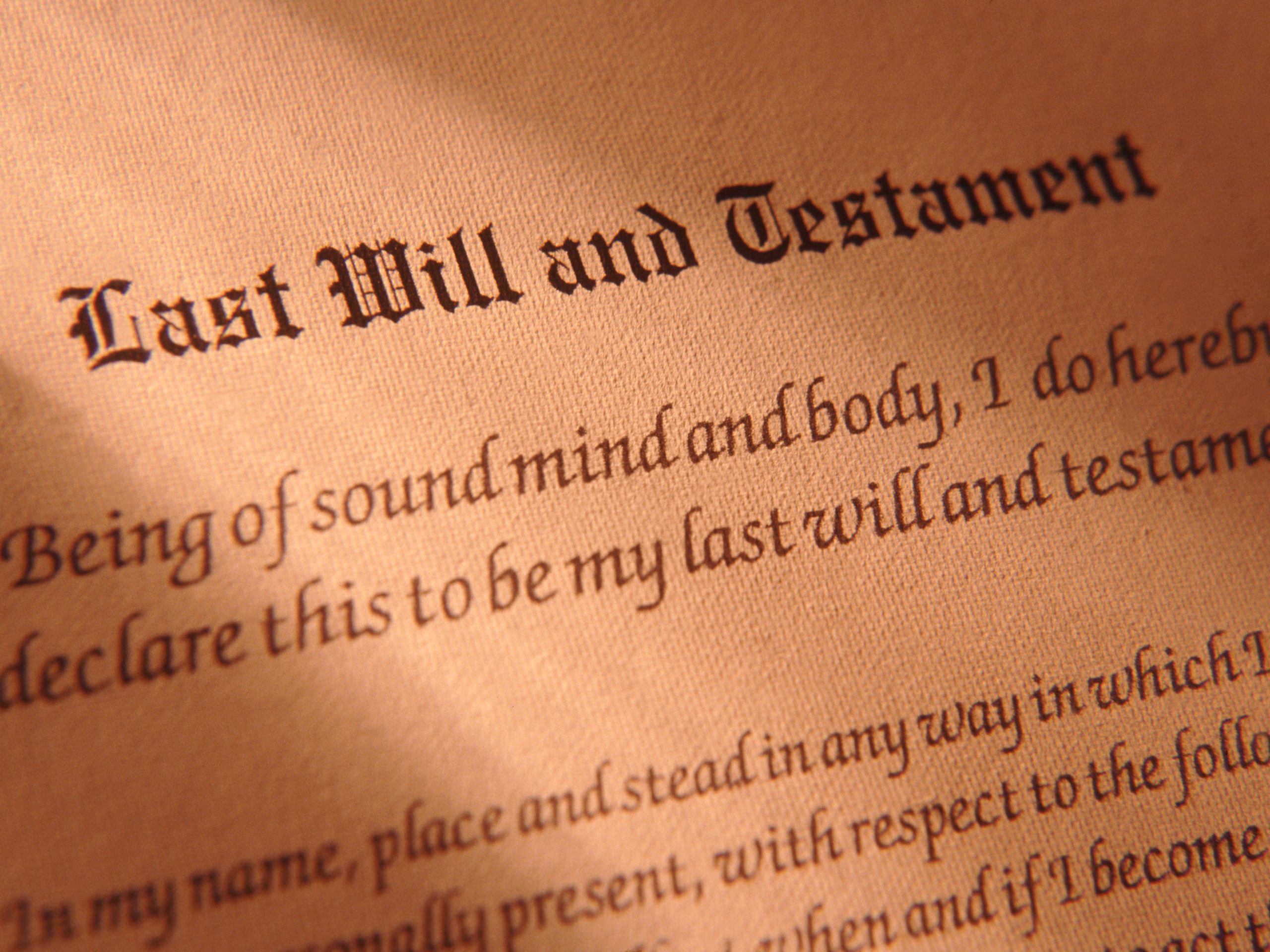
A BRIEF ON THE MAKING WILLS AND LAST TESTAMENTS IN KENYA
A BRIEF ON THE MAKING WILLS AND LAST TESTAMENTS IN KENYA
INTRODUCTION
A will is a legal proclamation by an individual normally referred to as a testator/testatrix, stipulating how his/her property should be disposed off, how he/she would like to be buried and also laying out any other wishes he/she may want fulfilled upon his/her death. In other words it’s the aggregate of a person’s testamentary intentions so far as they are manifested verbally or in writing and duly executed in accordance with the relevant statutes.
Wills can either be oral or written. Provided an individual is of sound mind and not a minor, he/she is may dispose of all or any of his/her property by will with reference to any secular or religious law of his own choice.
A person writing a will ought to exercise free will. As thus, a will written under coercion or a threat of violence is considered void.
Worth noting also is the fact that the last will of a testator normally supersedes any previous wills of the testator.
It is also required that a will made by a testator/testatrix should have an executor. In case a testator/testatrix fails to name an executor, a prospective executor is required to make an application in Court to be considered an administrator of the deceased’s dispositions in the will.
ORAL/VERBAL WILLS;
Oral wills are the ones made by spoken declaration of the testator/testatrix and usually dependant on oral testimony for proof by at least two or more competent witnesses.
Wills made orally are valid provided the testator/testatrix dies within three months from the inception date of the same, however in instances where the oral will is made by a member of the armed forces or merchant marine in his/her subsisting service in the force, such will contends effect whether the testator dies beyond the stipulated three months. These wills are also commonly known as privileged wills.
With regard to the parole evidence rule, no oral will is supposed to overrule a written will. In other words where there is a written will in existence, any subsisting oral will is rendered non efficacious.
WRITTEN WILLS
With regards to written wills, they have to be signed by the testator/testatrix or he/she has to affix his/her mark onto the will so written or in the event the deponent assigns the responsibility to sign to another person, that person has to sign or affix his/her mark in the presence of the deponent to give effect to the writing as a will.
Written wills have to be witnessed in the presence of the testator/testatrix by at least two competent witnesses who should evidence the signing of the will by the deponent or his representative and the same witnesses have to equally sign the written will. However, it is not mandatory for all the witnesses to sign and witness the will at the same time.
In the event that there be another document referred to the will, which expresses the desires of the will maker/deponent, such document which is clearly identified, has to be considered as part and parcel of the original will.
There is no impediment to a beneficiary of the will to act as a witness to the same will. However, such a will has to be in addition to that beneficiary, witnessed by two other competent and independent persons. In the event there are no other two or more witnesses, the bequest given shall be considered invalid and of no effect.
It’s also important to note that an executor cannot be denied an opportunity to act as a witness to the will.
Wills that have been made subject to former legislations are considered valid provided they were made and executed in total compliance to the relevant laws in force at the time they were made.
The deponent of a will can make editions to the former will provided he/she is competent enough to dispose of his/her property by will.
Where both ink and pencil are used and there is a conflict between the words in ink and those in pencil, the presumption is that the words in pencil were merely deliberative and not intended to operate as part of the will.
It should be noted that a will can be written on any material, not necessarily paper.
REVOCATION OF A WILL:
A will may be revoked/recalled by the testator/testatrix or any person authorised by him/her by way of a codicil altering the will declaring the intention to revoke the former.
It’s not uncommon that for a testator to employ two or more documents for instance where he amends his will by means of a codicil. In such instances, it is the aggregate or the net result of these documents that constitutes his/her will.
A will can also be revoked by destroying it; for instance burning or tearing it by the deponent/will maker or by the person authorised by him/her to do so.
On the same note, a will can be revoked or altered when the testator/testatrix marries in case he/she had not been married before and the same had not been contemplated in his/her last will.
At common law, marriage automatically revokes a spouse’s will, but modern statutes usually provide that marriage does not revoke a will. But if the marriage was not contemplated by the will and there is nothing otherwise on its face to indicate that the testator intentionally left nothing to any future spouse, the pretermitted spouse may be entitled to a special forced share of the estate.
A privileged will made by a person who then ceases to be privileged can only be revoked by a later will if the latter is duly executed.
ALTERATIONS:
In case there are any alternations made to a written will, the same should be witnessed and the will makers as well as the witnesses have to sign against such alterations made to the will.
Where a will or any part of it has been revoked, it will only be revived by its re-execution.
Latest Posts
Step by Step Guide to Subdvision of Land in Kenya
Agnetah Muli LL. B, KSL Dip. What is Subdivision? The process of subdivision involves the division of land into two or more parcels. The purpose is to...
COMPREHENDING REDUNDANCY IN EMPLOYMENT LAW – KENYA
“Fairness in all forms of termination is the staple of labour law”- Anon By Quincy Jesse Kiptoo LL.B. (Hons), CPM, Dip in Law The word Redundancy...

